Saudi Arabia, a mysterious Arab country best known for its abundant oil resources, is a leading power in the Middle East. Occupying the bulk of the Arabian Peninsula, it is the second-largest state in the Arab world after Algeria. Amid King Salman bin Abdul-aziz Al Saud's visit to China, let's take a quick look at what you need to know about this all-important Muslim country.
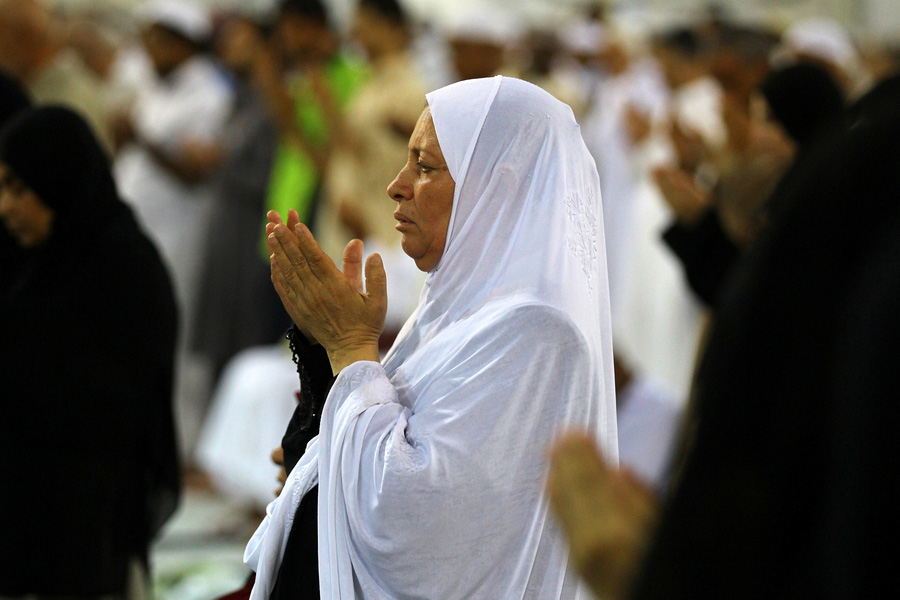
Religion: Islam is Saudi Arabia's state religion and all Saudi citizens are Muslims, of which Sunni-Muslims constitute 85 percent. Mecca and Medina, the two holiest cities of Islam, are also located in the country. Every year, Mecca, the birthplace of Muhammad, draws thousands of pilgrims across the whole world to attend the hajj. In 2016, 14,500 Chinese Muslims went to Mecca for hajj.
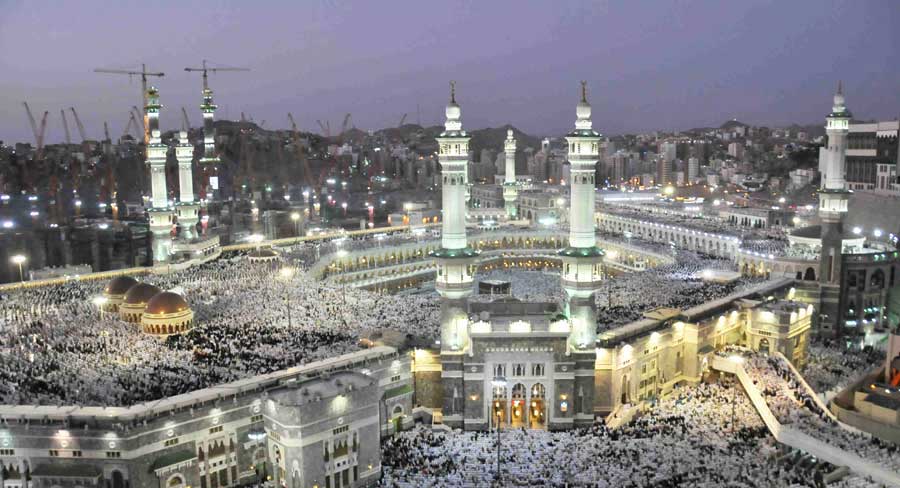
Resources: As a kingdom of petroleum, Saudi Arabia's economy is oil-based. It is the world's largest oil producer and exporter, controlling the world's second largest oil reserves.
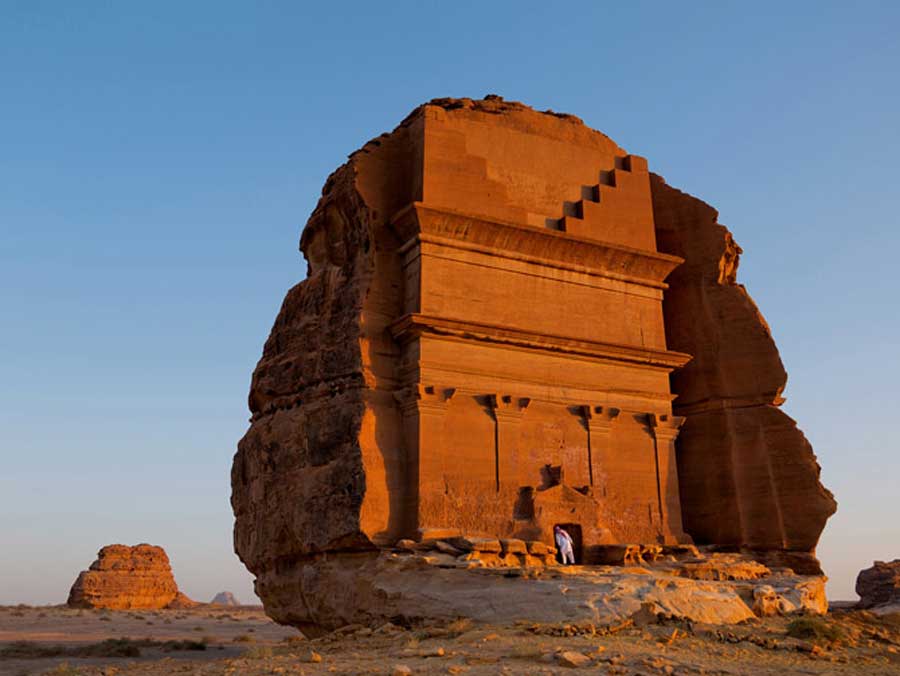
Climate: The country's climate is tropical desert, which is hot and dry. But Saudi people never have to worry about issues of access to drinking water and sanitation as their country is the largest desalination producer due to its globally advanced seawater desalination.
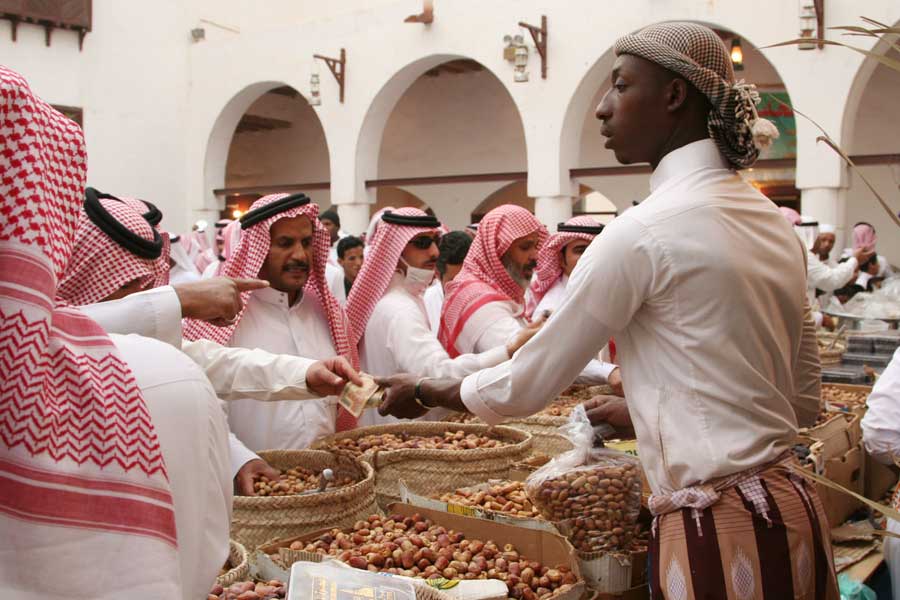
Social welfare: As a welfare state, all citizens in Saudi Arabia enjoy free medical care and free education. Meanwhile, residents of the gulf states have long benefited from a tax-free and heavily-subsidized policy. However, tax-free living has become a thing of the past, as the Saudi cabinet approved a 5 percent levy on certain goods in January in the wake of an oil slump.
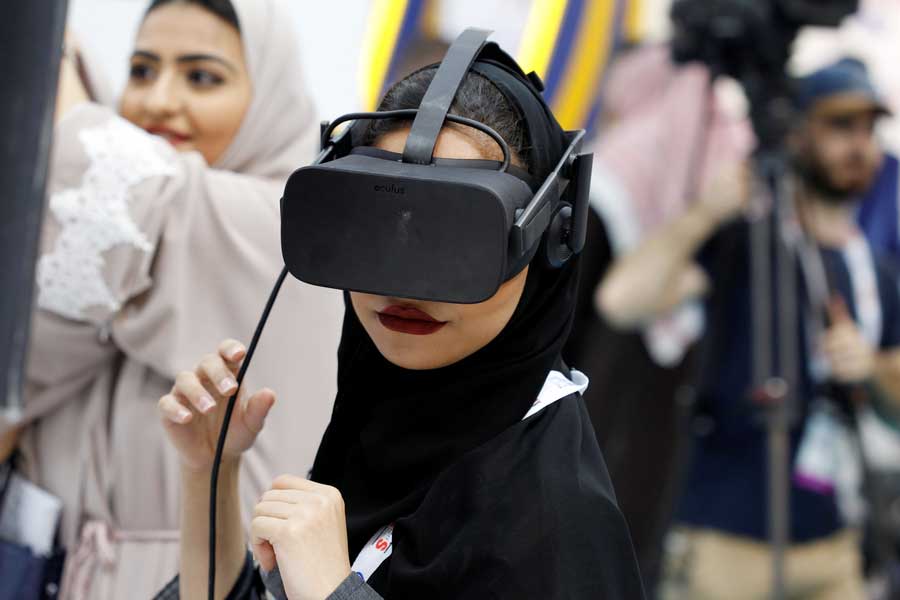
Entertainment: It is widely known as a country without public cinemas or theatres. Alcohol is also strictly prohibited and so are public venues such as discos and bars. But with King Abdullah's reforms since 2005, some cinemas have re-opened.
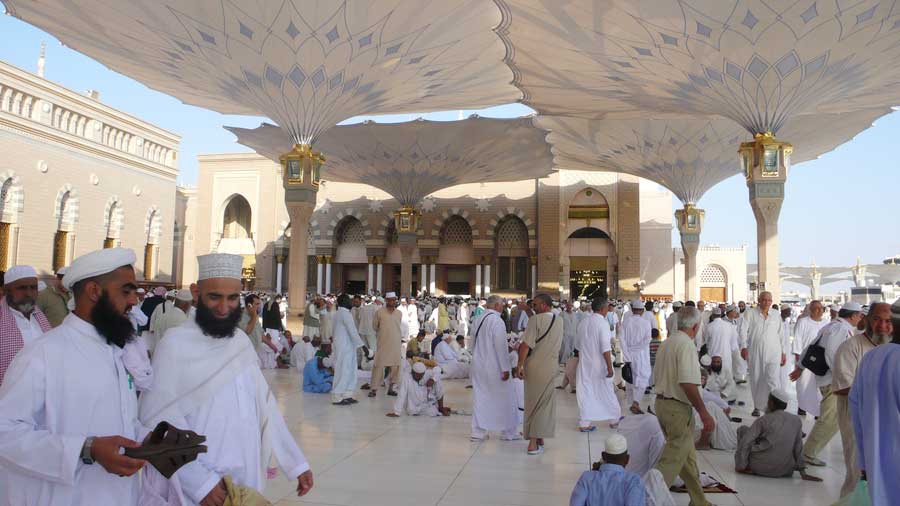
Customs: Saudi Arabian dress follows strictly the principles of hijab (the Islamic principle of modesty, especially in dress). Women are required to wear an abaya or modest clothing in public. Sex segregation is also expected in public, keeping wives, sisters and daughters from contact with strange men. However, women's status in the gulf states has risen in recent years.
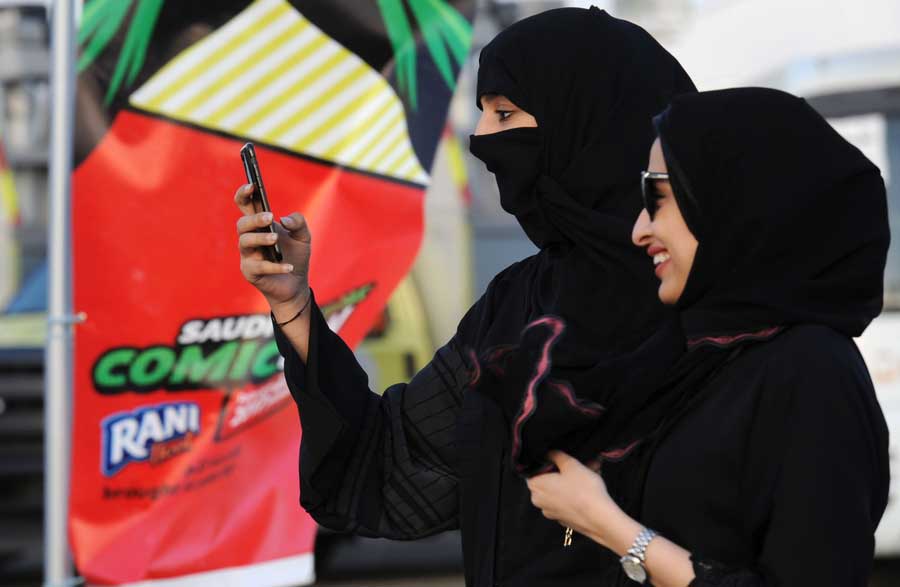
China-Saudi Arabia relations: The Chinese and Saudi governments established official diplomatic relations in July, 1990. In the 26 years since then, Saudi Arabia has become China's leading global supplier of crude oil and largest trading partner in West Asia and Africa. According to the International Monetary Fund, two-way trade has increased almost 58 times from $1.28 billion in 1990 to about $74 billion in 2012.
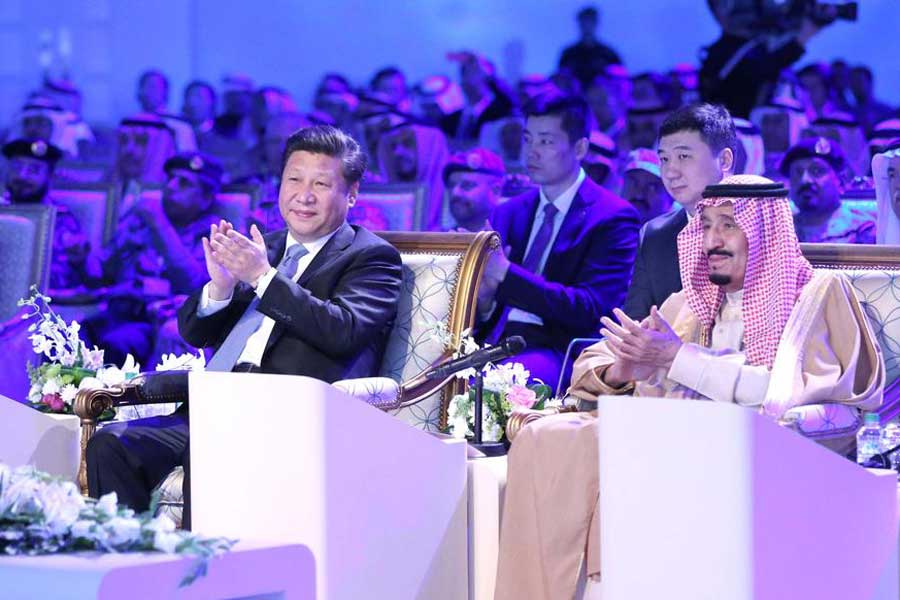
To view the mobile version, please scan:
